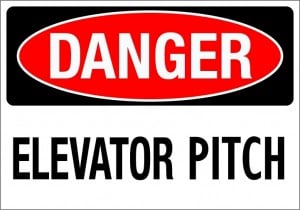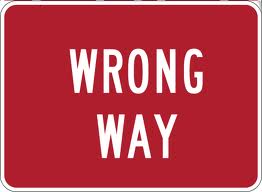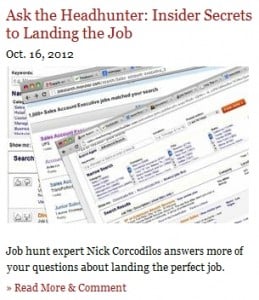In the December 18, 2012 Ask The Headhunter Newsletter, a job hunter considers an online, or “distance learning” degree:
I have over 24 years experience in industry, but I never got a college degree. Now I want to get a bachelors. A “distance learning” college has approved my application for a B.S. in Business Administration. This is one of those schools that delivers its courses online and also awards credits for “life experience.” Please give me your opinion on degrees of this nature. Thanks.
Nick’s Reply
These “life experience” credits can be legit. They are based on knowledge you’ve acquired on the job rather than through college courses. The school administers a test on the material and if you pass, they give you the same credits you’d get if you actually took the course. You just need to be sure the school itself is legit — or those School of Hard Knocks credits could be worthless. Several times each week I get solicitations for questionable degree programs.
 My advice: Whatever state you are in, contact the state department of education. Find out whether this school is accredited. If it is not, forget it. Find one that is.
My advice: Whatever state you are in, contact the state department of education. Find out whether this school is accredited. If it is not, forget it. Find one that is.
To test the value of this school’s programs, contact a few well-known colleges or universities and talk to the admissions office. Ask whether they would accept “transfer credits” from the school in question. A good distance school’s credits will be accepted toward a degree at other good schools. If credits are not transferable, find another school.
If the online school you choose is legit, you may be able to leverage your investment by finishing your degree program at a bricks-and-mortar school — and you’d get your diploma from a more recognized school. Just beware: Some online degree programs cost more than traditional schools charge! The good news: Many good traditional schools offer online courses and combination programs. Don’t assume you need to start with an online-only school.
Want more certainty? Ask the company you work for (or want to work for) how it regards degrees from the distance school. This will tell you a lot about the value of the degree.
I’d start your research by checking the Sloan Consortium to see whether the school you’re considering is a member.
(For every problem, there’s a flip side. And the flip side of this problem is academics with degrees who can’t overcome their own obstacles to win a job. For more on this, see Breaking Ranks & Rules: How academics can avoid 5 fatal mistakes in the job hunt.)
Do you have an online degree? Has it paid off? Does your company look favorably on distance learning schools? On credits from the School of Hard Knocks? What are the alternatives to traditional education, and what do they mean to employers?
 The Ask The Headhunter Newsletter and this blog will be on hiatus for two weeks while I take a vacation, spend time with my family, and finish up a new project that I can’t wait to tell you about in January! I wish you a Merry Christmas or a Merry Whatever You Celebrate, and a Happy, Healthy, and Prosperous New Year. I’ll participate in the comments through this week — then I’ll see you in January!
The Ask The Headhunter Newsletter and this blog will be on hiatus for two weeks while I take a vacation, spend time with my family, and finish up a new project that I can’t wait to tell you about in January! I wish you a Merry Christmas or a Merry Whatever You Celebrate, and a Happy, Healthy, and Prosperous New Year. I’ll participate in the comments through this week — then I’ll see you in January!
: :













